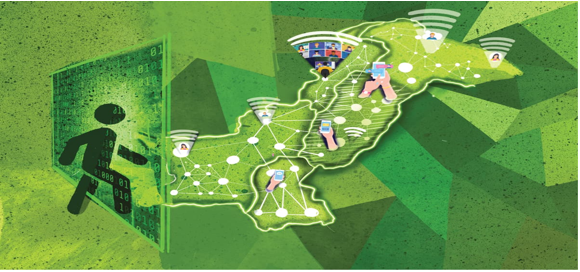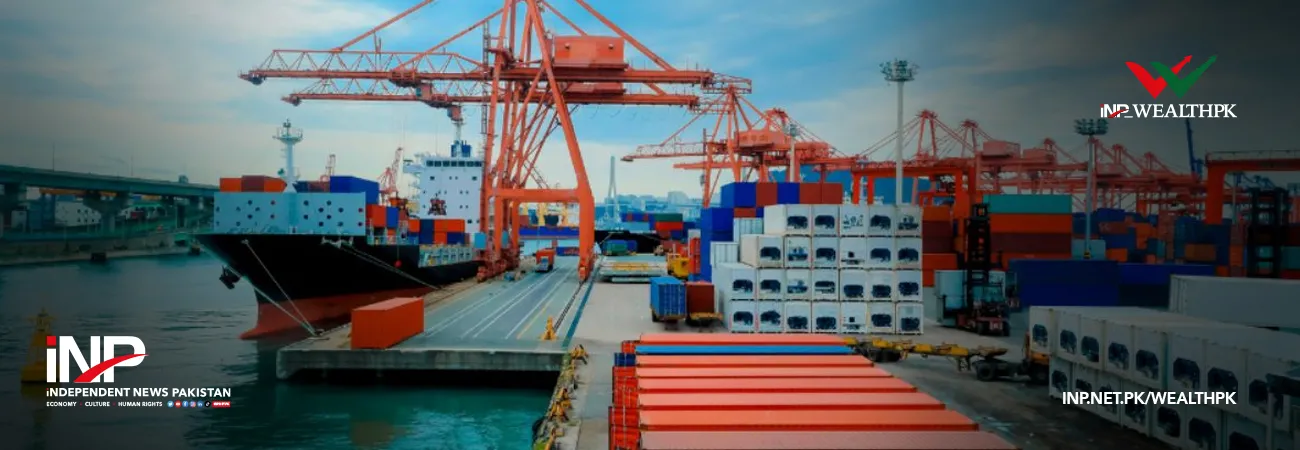INP-WealthPk
Qudsia Bano
Despite promising digital payment statistics and a thriving young population, Pakistan’s small and medium-sized enterprises (SMEs) continue to face serious setbacks in entering the global digital economy, due to unreliable internet access and fragmented online payment systems.

Industry leaders and policy experts are sounding the alarm over deep-rooted digital challenges that are undermining the competitiveness and scalability of SMEs, which contribute over 40% to Pakistan’s GDP and employ nearly 80% of the non-agricultural workforce. According to the Businessmen Panel (BMP) of the Federation of Pakistan Chambers of Commerce & Industry (FPCCI), the lack of secure and efficient digital infrastructure has become a major bottleneck for SMEs.
Pakistan ranks 97th globally in mobile internet speed, with an average of just 25.39 Mbps. This digital lag, combined with the continued dominance of cash-on-delivery—still accounting for 75% of online purchases—highlights serious structural weaknesses in the country’s e-commerce readiness. Dr. Aisha Karim, a digital content specialist at the Institute for Policy Reform, believes the digital gap reflects both technological and regulatory shortcomings.
“Pakistan’s SME digitalisation has long been hampered by policy fragmentation. Initiatives like Raast are a step forward, but without full integration with global platforms like PayPal or Stripe, and proper training for SME owners, progress will remain cosmetic,” she said. She stressed the need for government-backed capacity-building programmes in rural areas and tax incentives for SMEs investing in digital tools.
“It’s not just about internet access—it’s about digital literacy, cybersecurity, and integrated platforms that make digital business viable,” she added. Meanwhile, Muhammad Ashraf, an e-commerce executive at WeProms Digital, pointed out how inconsistent digital payment channels are deterring international clients.
“Sixty percent of our buyers are overseas Pakistanis, but the absence of trusted global payment gateways like PayPal is a deal-breaker. We’re forced to rely on lengthy bank transfers or unreliable third-party processors, which increase both cost and risk,” he explained. He also emphasised the importance of reliable logistics in SME success.
“Even with digital tools, poor internet and expensive or delayed shipping cancel out the benefits. You can’t build a digital economy on analog foundations.” While initiatives such as the Digital Pakistan Policy and the National E-Commerce Council were introduced to address these issues, industry experts argue that progress remains slow.
Most training workshops and e-commerce hubs are still concentrated in major urban centres, leaving many rural SMEs without access to the resources they need to grow. The path forward, experts say, lies in a multi-pronged strategy: expanding high-speed internet nationwide, integrating global payment systems, simplifying e-commerce regulations, and providing SMEs with a reliable ecosystem for growth.
Credit: INP-WealthPk













